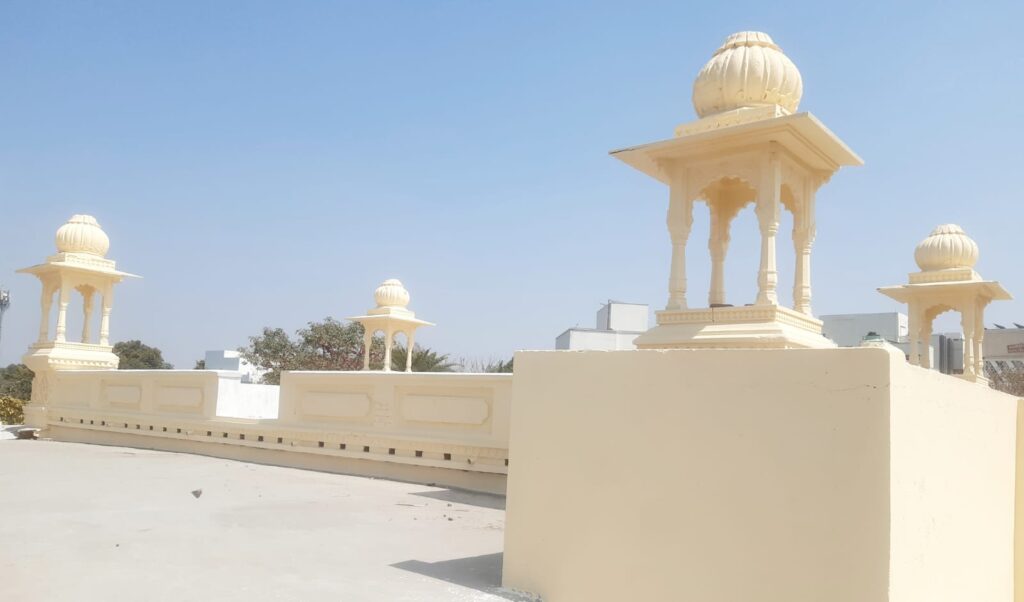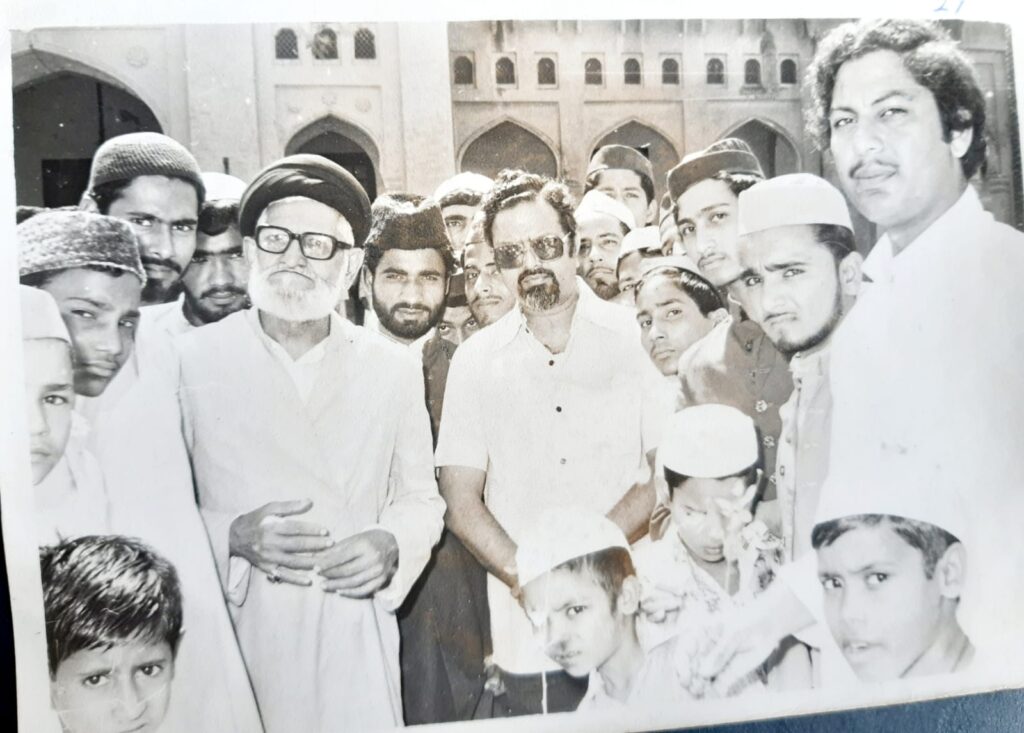
History of Sultanul Madaris
Sultan ul Madaris is a prominent Shia Islamic madrasa in Lucknow, India, dedicated to higher religious education. Established in 1892 by Ayatullah Syed Muhammad Abul Hasan, it offers advanced courses in Jurisprudence, Theology, and Islamic Literature. The madrasa’s impressive infrastructure was developed under the patronage of Nawab Mehdi Hasan Khan, a noted philanthropist of Awadh. Its foundation stone was laid in 1911, and the central hall was inaugurated by Sir John Prescott Hewett, then Lieutenant-Governor of the United Provinces of Agra and Oudh. Sultan ul Madaris holds the distinction of being the second Shia religious school in Lucknow, following the now-defunct Madrasatul Imamia and preceding Jamia Nazmia.



Courses Offered at Sultan ul Madaris
Jurisprudence (Fiqh) – This course provides a comprehensive understanding of Islamic laws, principles, and their application in daily life according to Shia jurisprudence.
Theology (Aqeedah) – This covers Islamic beliefs, doctrines, and principles of Shia theology, exploring topics like the nature of God, prophethood, imamate, and eschatology.
Islamic Literature – This includes the study of classical and contemporary Islamic texts, Shia literature, history, and Arabic and Persian literature relevant to Islamic scholarship.
Arabic Language and Grammar – Essential for interpreting Islamic texts, this course emphasizes proficiency in Arabic to engage with primary sources.
Quranic Studies – Focusing on the exegesis (Tafsir) of the Quran, this course also includes Tajweed (Quranic recitation rules) and memorization.
Hadith Studies – A study of the sayings and actions of the Prophet Muhammad and the Imams, focusing on understanding and authenticating Hadith literature.
Logic and Philosophy – Courses in Islamic logic (Mantiq) and philosophy (Falsafa) enable students to engage with Islamic metaphysics and epistemology.


